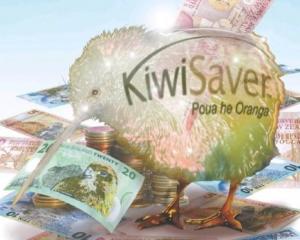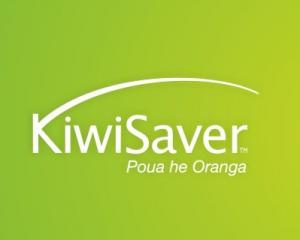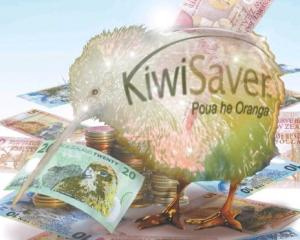
The Financial Services Council, which is the fund managers' lobby group, yesterday released a report, "Pensions for the 21st Century: Retirement Income Security for Younger New Zealanders", it hopes will inform debate on the issue.
It is not advocating changes which would affect those in or nearing retirement, but rather measures which would be phased in and which reflect increasing longevity and the superior efficiency of save-as-you-go over pay-as-you-go schemes for funding retirement income.
Life expectancy for those who reach the age of 65 have been projected to rise over time by just under one year every decade.
But the council's report says that the central projections have consistently underestimated what actually happens and points to projections in The Lancet which suggest the trend is closer to two extra years per decade.
If so, the burden on future taxpayers would rise even more than current official projections imply and could nearly treble, relative to the size of the economy, later in the century.
It is calling for a debate about what percentage of future economic output would represent a tolerable limit on taxpayer-funded public pensions and the implications of that, combined with rising longevity, for the age of eligibility.
To bridge the gap between fiscal limitations and a decent retirement income, it proposes changes to KiwiSaver which would bring it closer to the scheme Australia has had in place for the past 20 years.
The council proposes automatic enrolment for all employees, with opt-outs only for hardship, and voluntary enrolment for everyone else.
Minimum contribution rates are due to increase next year to 3% from employees and 3% from employers.
The council wants that to be raised to five-plus- five by the year 2025, noting that in Australia the contribution rate is to be increased from a total of 9% now to 12%.
Craigs Investment Partners investment adviser Peter McIntyre, of Dunedin, said KiwiSaver was a good start to providing retirement income security, with Australia presenting a better performing model.
Australians were saving much more than New Zealanders.
"We have started - [now] it's about how we progress from here."
It was not all "doom and gloom", due to KiwiSaver's popularity and high uptake.
He feared tinkering with KiwiSaver in the form of tax credit changes had given it a "credibility issue".
Savers needed confidence the scheme would not be "played around with", although governments did need room to make changes.
He pointed out that New Zealand would not have a retirement savings problem if former prime minister Rob Muldoon had not scrapped a compulsory scheme in the 1970s.
Politicians should apply some "sense and sensibility", resisting the temptation to make the issue one of partisan point-scoring, Mr McIntyre said.
Mr McIntyre, also president of the Otago Chamber of Commerce, said the burden on employers of paying contributions should not be overlooked, as they faced increasing costs in many areas.
He believed means testing of New Zealand Superannuation needed to be revisited, because that could make it fairer and more affordable.
He supported the age of eligibility increasing.






